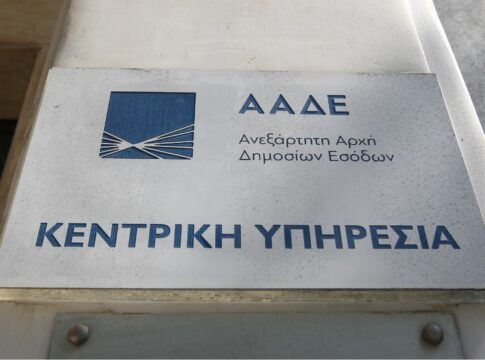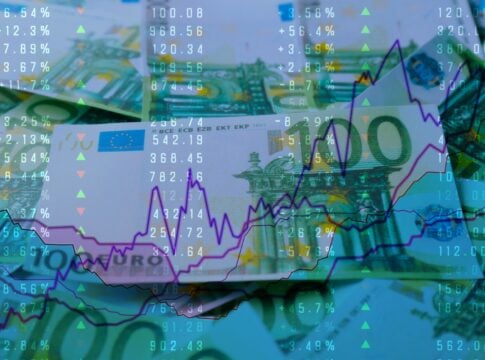A careful first assessment of the costs of the recapitalization and restructuring of the banking sector compared to the benefits obtained by the Greek State, taking into account the voluntary restructuring of the Greek public debt (Private Sector Involvement), shows that the Greek taxpayer has so far benefited overall with an amount estimated at around 3.5 billion euros, the Bank of Greece (BoG) governor, Yannis Stournaras, said in his speech at a meeting of the competent committees of the Parliament on the disinvestment of the Hellenic Financial Stability Fund (HFSF) from the banks.
The Governor of the Bank of Greece pointed out that “having been fully privatized and with sound fundamentals, the Greek banking system can look to the future with optimism. Banks have restarted financing the real economy, while credit growth rates will also be boosted by business loan disbursements linked to the Recovery and Resilience Facility. Also, banks are investing in the digital transformation (digitalization) of their operations in order to improve the services provided to their customers, but also to reduce operating costs.”
The challenges of banks
Stournaras added that banks are facing significant challenges mainly related to external factors. Among other things, he noted that the transfer of non-performing loans (NPLs) outside the banking sector “does not automatically mean the final elimination of debt from the economy. The debt remains, he added.
Therefore, Stournaras stressed that the orderly operation of the market to achieve the final liquidation of private debt is important and the utilization of all available tools and options is a necessary condition.
BoG: Growth 2.3% and inflation 2.8% this year
Earlier, during the 91st annual ordinary general meeting of the shareholders of the Bank of Greece, Stournaras stated that “the positive evaluations signal the restoration of confidence in the Greek economy. He stressed that “credit and fiscal stability must be kept as the apple of the eye”, while he pointed out that “the global economy is heading for stabilization, showing great stability in recent crises. The risk of stagflation has receded thanks to key interventions by banks and fiscal authorities.”
Based on the latest estimates of the Bank of Greece, the growth rate of the Greek economy is seen accelerating to 2.3% in 2024, above the eurozone average. Private consumption and investment will continue to be key drivers of growth, while the contribution of the external sector will be marginally negative, as strong investment activity will significantly increase imports. The tourism sector shows positive prospects again this year, despite the international uncertainty.
Headline inflation is expected to decline further in 2024 to 2.8%, as all individual components show deceleration trends, despite the climate of uncertainty created by geopolitical developments.















